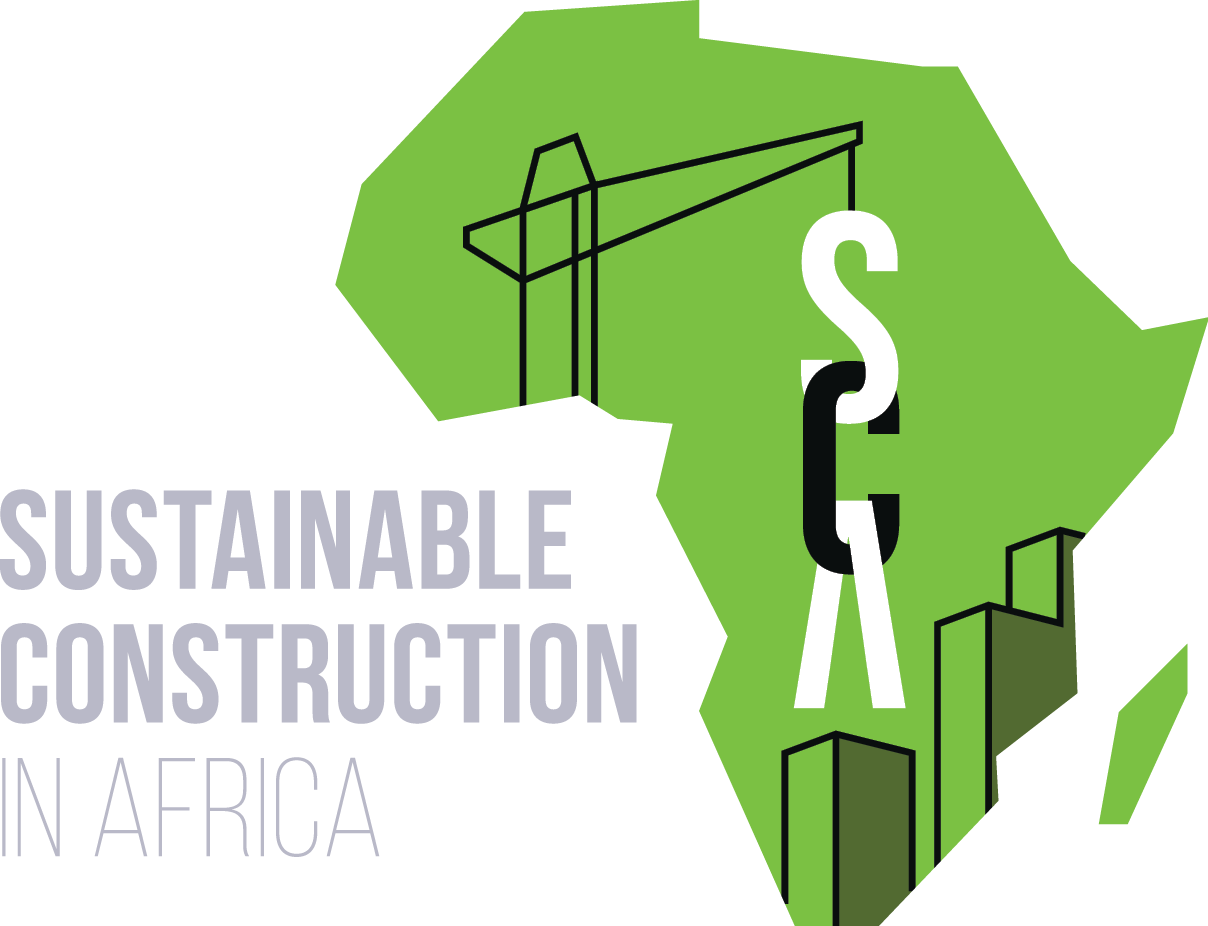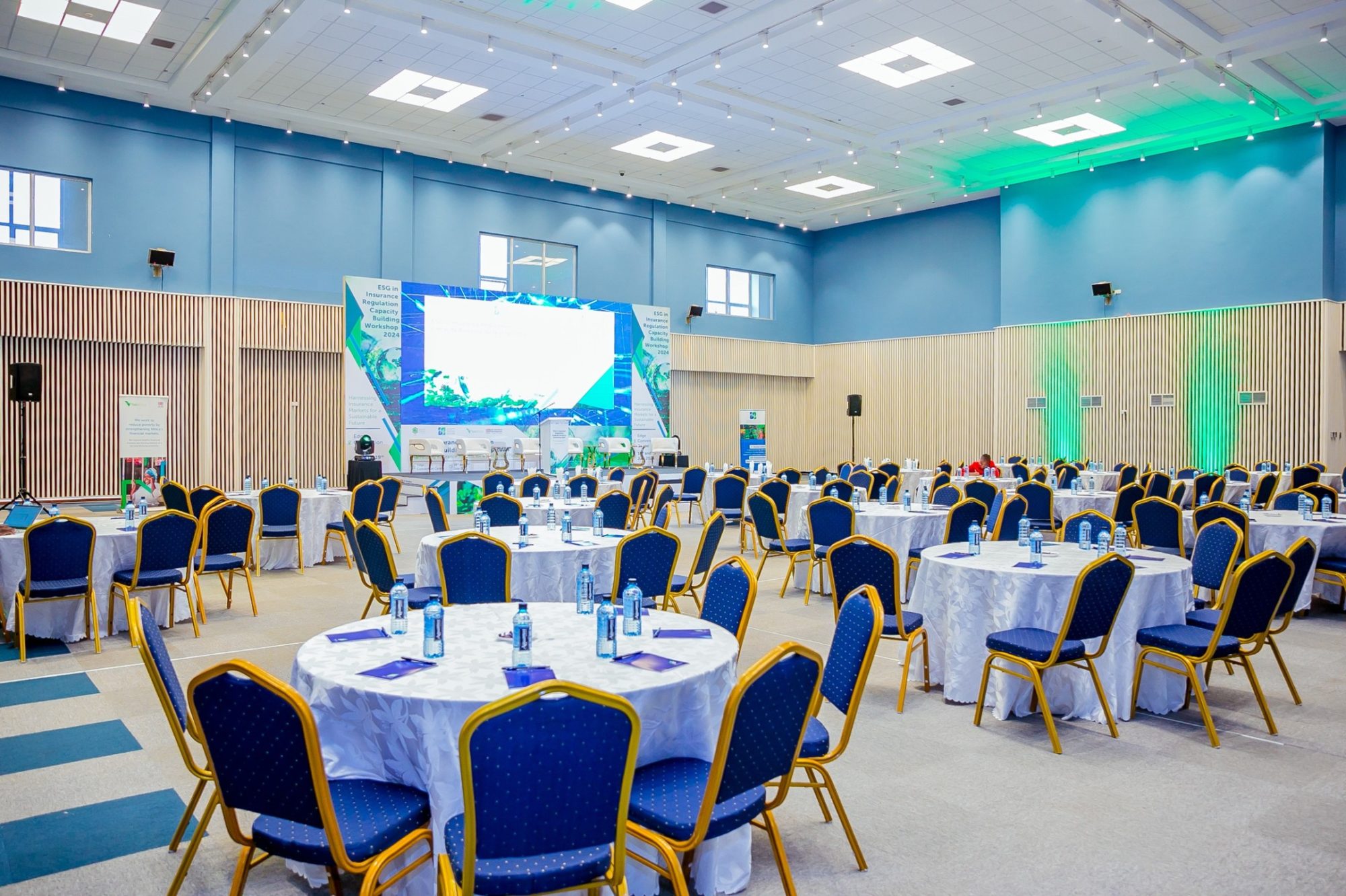Dr. Charles K. Nmai
Preventing the Failure of Concrete Structures in Africa: Education and Training are Essential
Day 1 - 10:00, Tuesday, 20th May, 2025
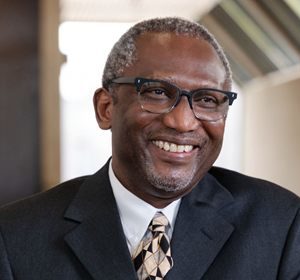
Concrete is the most widely used construction material in the world, and this is also true in Africa where rapid urbanization brings into sharp focus the housing and infrastructure needs in the various countries. However, due to a relatively underdeveloped industry, concrete construction in the region is challenging, costly, and lacks technological innovations in construction materials and processes used in other parts of the world that have mature concrete industries.
Furthermore, a lack of basic concrete knowledge and training, the use of sub-standard materials, an illiterate workforce, and the lack of enforcement of building codes, among other factors, often lead to poor concreting and construction practices, particularly, in the informal concrete construction sector. The consequences range from expensive, yet commonly accepted practices such as patching of consolidation-related voids in concrete elements to, in a few unfortunate instances, building collapses with fatalities.
Drawing on the presenter’s expertise and knowledge of concrete and concrete construction in North America and other parts of the world, including Ghana, this presentation will examine in further detail the challenges that exist in the African concrete industry – with respect to both informal and formal construction – and what needs to be done to address them.
The presentation will also cover potential opportunities to significantly improve the quality of concrete mixtures and concrete construction and, thereby, the durability and resilience of concrete structures, while reducing overall costs and enhancing safety.
Dr. Charles K. Nmai PE, M.ASCE, FACI is currently Distinguished Engineer & Director of Concrete Sustainability at Master Builders Solutions in Beachwood, Ohio. He’s been with the company for over 37 years holding positions of increasing responsibility, and he has particular expertise in chemical admixtures, fibers, high-performance concretes including low-embodied carbon concrete, concrete durability, and troubleshooting concrete.
A Fellow of the American Concrete Institute (ACI), Dr. Nmai is a Past President of ACI (2022-2023) and a member of the ACI Board of Direction as well as the Board of Direction of NEU: an ACI Center of Excellence for Carbon-Neutral Concrete. He is also an honorary member of ASTM Committee C09, a past-chair of ASTM Subcommittee C09.23 on Chemical Admixtures, and a past-president of the Fiber-Reinforced Concrete Association (FRCA). A recognized industry expert, he’s actively involved in technology transfer activities related to chemical admixtures and high-performance concretes and speaks frequently at various concrete industry events.
He has received honors, including the Purdue University Civil Engineering Alumni Achievement Award in 2012 and, in 2013, the ACI Arthur R. Anderson Medal for outstanding contributions to the advancement of knowledge of concrete as a construction material in the areas of corrosion and chemical admixtures.
He has a B.Sc. in civil engineering from the Kwame Nkrumah University of Science and Technology (KNUST), Kumasi, Ghana, and a Ph.D., also in civil engineering, from Purdue University, West Lafayette, Indiana, USA. Dr. Nmai is a licensed professional engineer in the State of Ohio, USA.
Prof Aziza Chaouni
Reimagining construction from within: towards an alternative future for the African Continent
Day 1 - 10:30, Wednesday, 21st May, 2025
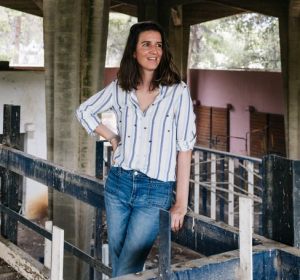
Several recent studies project that by the end of this century, Africa will be the only continent experiencing population growth. Thirteen of the world’s 20 biggest urban areas will be in Africa – up from just two today – as will more than a third of the world’s population. Hence, developing and implementing sustainable construction solutions on the continent today will certainly contribute to curbing the environmental impact of the construction sector on our planet. These solutions should not only address multiple scales – infrastructural/ urban/ architectural and landscape – in an integrated fashion, but they should also re-imagine building materials, techniques and approaches.
For instance, as architects, we should depart from vernacular techniques which are well suited to the climate and culture and use local materials, and reimagine them to suit new lifestyles, security regulations and implementation efficiency requirements. In addition, we should consider adaptive reuse of existing buildings as an alternative to providing shelter and public amenities, as we will limit greatly the carbon footprint.
In this keynote lecture, I will use case studies located in North and West Africa developed by my office Aziza Chaouni Projects that explore and test neo-vernacular and adaptive reuse approaches with the aim to ensure a sustainable future for our continent.
Aziza Chaouni is an Associate professor of Architecture at the University of Toronto and the Founding Principal of the design practice Aziza Chaouni Projects (ACP) with offices in Fez, Morocco and Toronto, Canada. She is also the Director of the Designing Ecological Tourism Research platform at the Daniels faculty.
Chaouni’s practice, research and teaching focus on sustainable design and adaptive reuse in the Global South. Chaouni has rehabilitated several heritage buildings, including the Qarawiyine library, the oldest library in the Middle East. She is responsible for the construction management plans for the Sidi Harazem Thermal Bath Complex and for the International Fair of Dakar (with Mourtada Gueye), both supported by the Keeping it Modern grant of the Getty Foundation. Chaouni is also collaborating with the World Monuments Fund on the Future of Ontario Place project and the rehabilitation of the oldest university in West Africa Old Fourah Bay College.
Chaouni's design work has been recognized with top awards for both the Global and Regional Africa and the Middle East competition from the Holcim Foundation for Sustainable Construction; the Architectural League of New York Young Architects Award; Environmental Design Research Association Great Places Award; the American Society of Landscape Architects Design Awards; the ACSA Collaboration Award among others. Her work has been published and exhibited internationally, including the International Architecture Biennale in Rotterdam; INDEX: Design to Improve Life in Copenhagen; and the United Nations Human Settlements Programme (UN HABITAT) World Urban Forum; the Venice Architecture Biennale; and the Louisiana Museum of Modern Art in Copenhagen.
Chaouni holds a Masters of Architecture with distinction from the Harvard Graduate School of Design and a Bachelor of Science with Honors in Civil Engineering from Columbia University.
Daniel Wyss, Architect
Day 2 - 08:30, Thursday, 22nd May, 2025
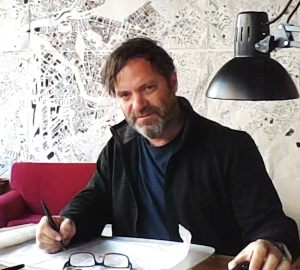
Daniel Wyss has 16 years of experience as architect, urban planner, programme manager and industry facilitator in the field of international development cooperation.
He has been involved in sustainable urban development, energy efficient industry development, technology transfer, value chain development, skills and income generation, climate responsive building and settlement design, participatory slum upgrading and post-war/disaster reconstruction projects.
Dr. Joseph Marangu Mwiti
Day 3 - 08:30, Friday, 23rd May, 2025
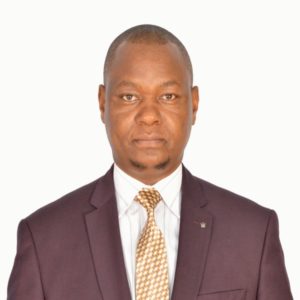
Dr. Joseph Mwiti Marangu is a Senior lecturer in Chemistry at the Department of Physical Sciences, Meru University of Science & Technology (MUST)- Kenya. He is currently the Director of Institute of Cement and Concrete and also the Head of Limestone Calcined Clay Technology Resource Centre – Africa (LC3-TRC Africa), a Centre dedicated to offer technical support to cement industry on uptake LC3 technology in Sub-Sahara Africa. He holds a Ph.D in Chemistry from Kenyatta University (Kenya) funded by the African Development Bank (AfDB) scholarship. He is also the Co-ordinator for the ERASMUS Exchange program for postgraduate students and staff between Meru University of Science & Technology and University of Padua, Italy. His research is mainly focuses on cement-based materials for sustainable construction. He has worked as Co-ordinator, Research, Collaboration and Extension Services with a profound role to connect academia and industry at MUST.
He conducted Postdoctoral research on LC3 at the Laboratory of Construction Materials (LMC) at Ecole Polytechnique Fédérale de Lausanne (EPFL) – Switzerland following the award of a Swiss government excellence scholarship. He was a Research Fellow at the Cardiff University - United Kingdom (UK): HEFCW GCRF Fellowship award on Circular-Cement ‘Local resources for Affordable and Sustainable Infrastructures in Kenya’. He engaged in several research stints at the Eduardo Torroja Institute of Construction Science, Madrid – Spain. He has made keynote presentation at the United Nations Climate Change on green cement among other notable contributions. He has published widely in scholarly journals, attended and presented research findings in international conferences and workshops on construction materials. He is also a senior member of International Union of Laboratories and Experts in Construction Materials, Systems and Structures (RILEM). A professional association that advances access to scientific knowledge related to construction materials, systems and structures and to encourage transfer and application of this knowledge world-wide.
